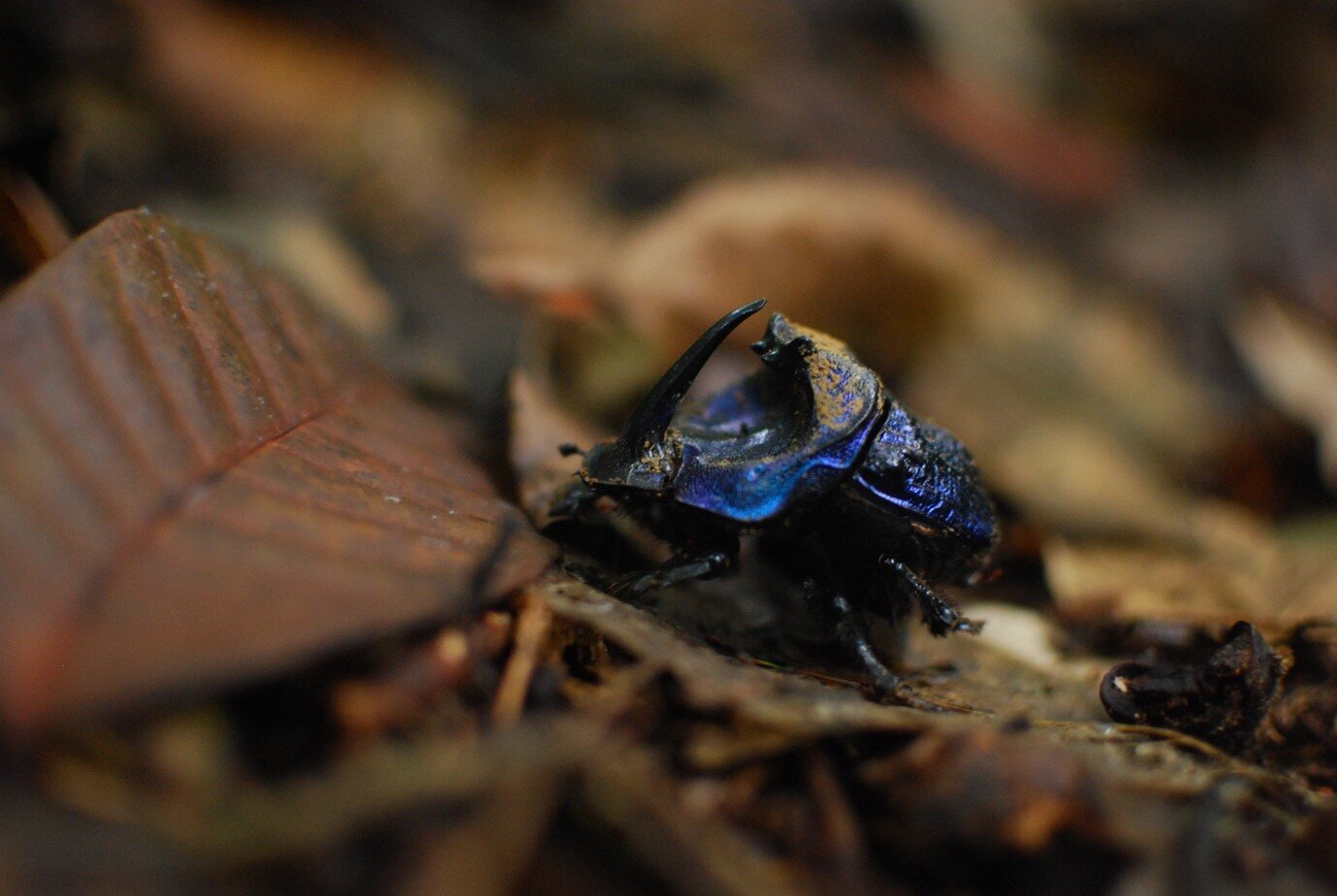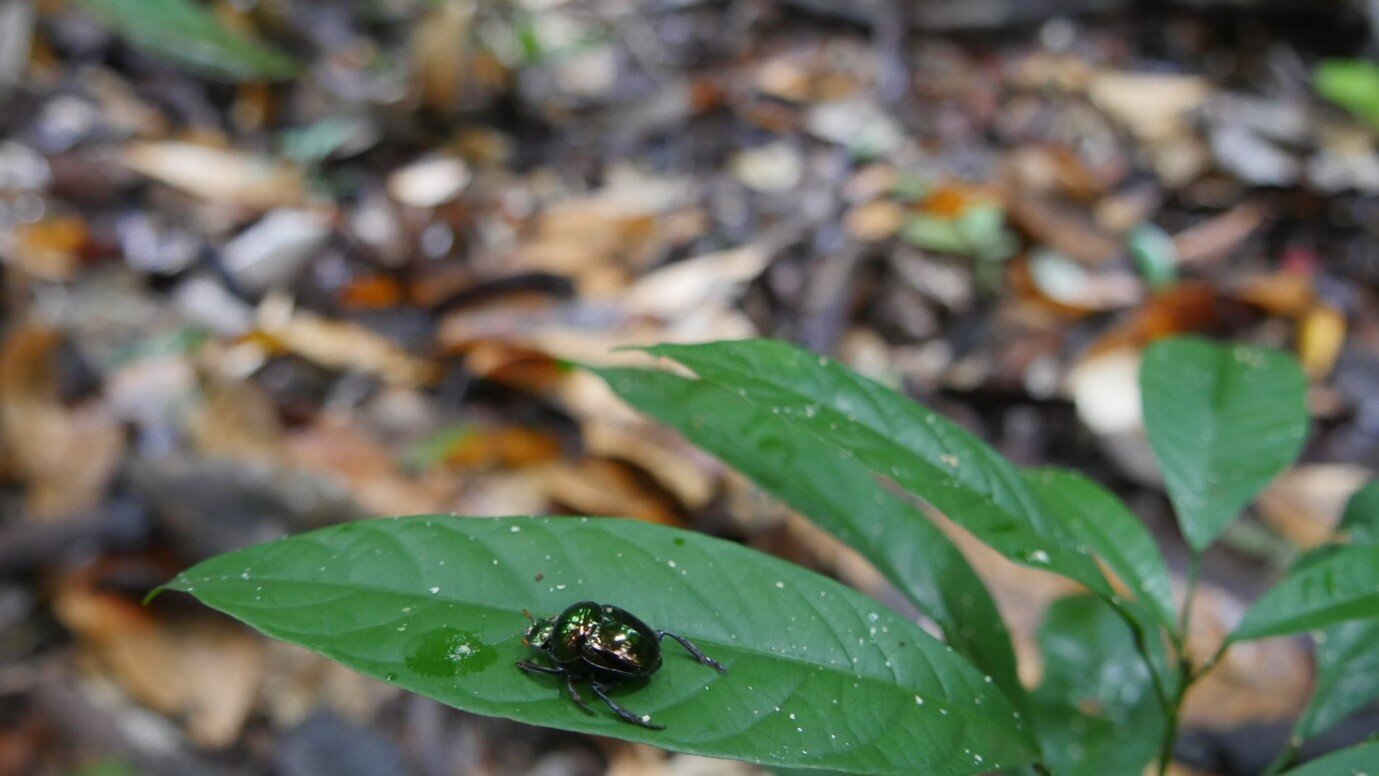11 Dec 2024

Tired Earth
By The Editorial Board

Scientists at the University of Bristol and Federal University of Western Pará, in Brazil have found that Eucalyptus plantation edge effects radiates up to 800 meters into the interior of nearby Amazonian forests, when applied to ecologically important dung beetles.
As the world seeks to mitigate human-induced climate change, planted forests have become widespread restoration strategy across the globe. However the findings, published today in Forest Ecology and Management, suggest that while well-intentioned, exotic tree plantations can have a wider influence on the native biodiversity of hyperdiverse tropical forests.
In ecology, edge effect research investigates how biological populations or communities change at the boundary of two or more habitats.
To further understand the edge effect, the team of scientists traveled to the Amazon Rainforest and collected over 3,700 dung beetles from 49 species to evaluate how Eucalyptus plantations affect the insect biodiversity in neighboring Amazonian forests.
"Our findings for dung beetles offer new insights into the importance of considering how proximity to exotic tree plantations can affect tropical forest biodiversity," said Dr. Filipe França of Bristol's School of Biological Sciences, and co-supervisor of the lead author.

He said: "Importantly, edge effects varied across dung beetle responses and were species-specific. For example, we found more dung beetle species far away from Eucalyptus plantations, but some species also thrived and had higher abundances closer to plantation edges."
This means that some dung beetles may be more sensitive to changes in forest environment closer to exotic tree plantations than others edge-affiliated and generalist species.
"Understanding multi-species responses to anthropogenic disturbances is crucial to tackle the current biodiversity crisis and our findings are vital for forest managers and conservation planners aiming to maintain forest-specialist biodiversity in native ecosystems across the tropics," explained Professor Rodrigo Fadini from the Federal University of Western Pará.
"Edge effects from exotic tree plantations and environmental context drive dung beetle assemblages within Amazonian undisturbed forests" by Maria Katiane Costa, Filipe França, Carlos Brocardo, and Rodrigo Fadini in Forest Ecology and Management.
Source : phys.org
Comment